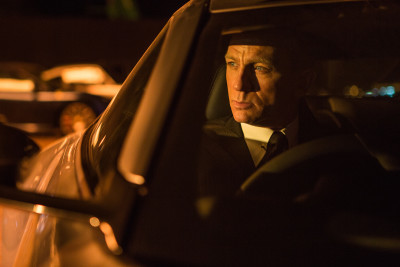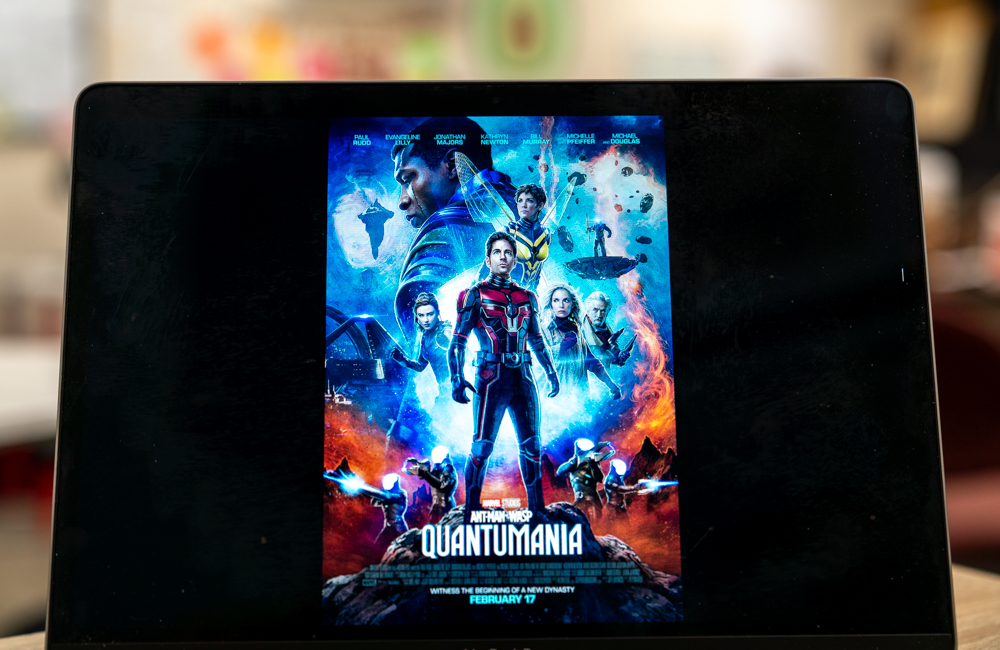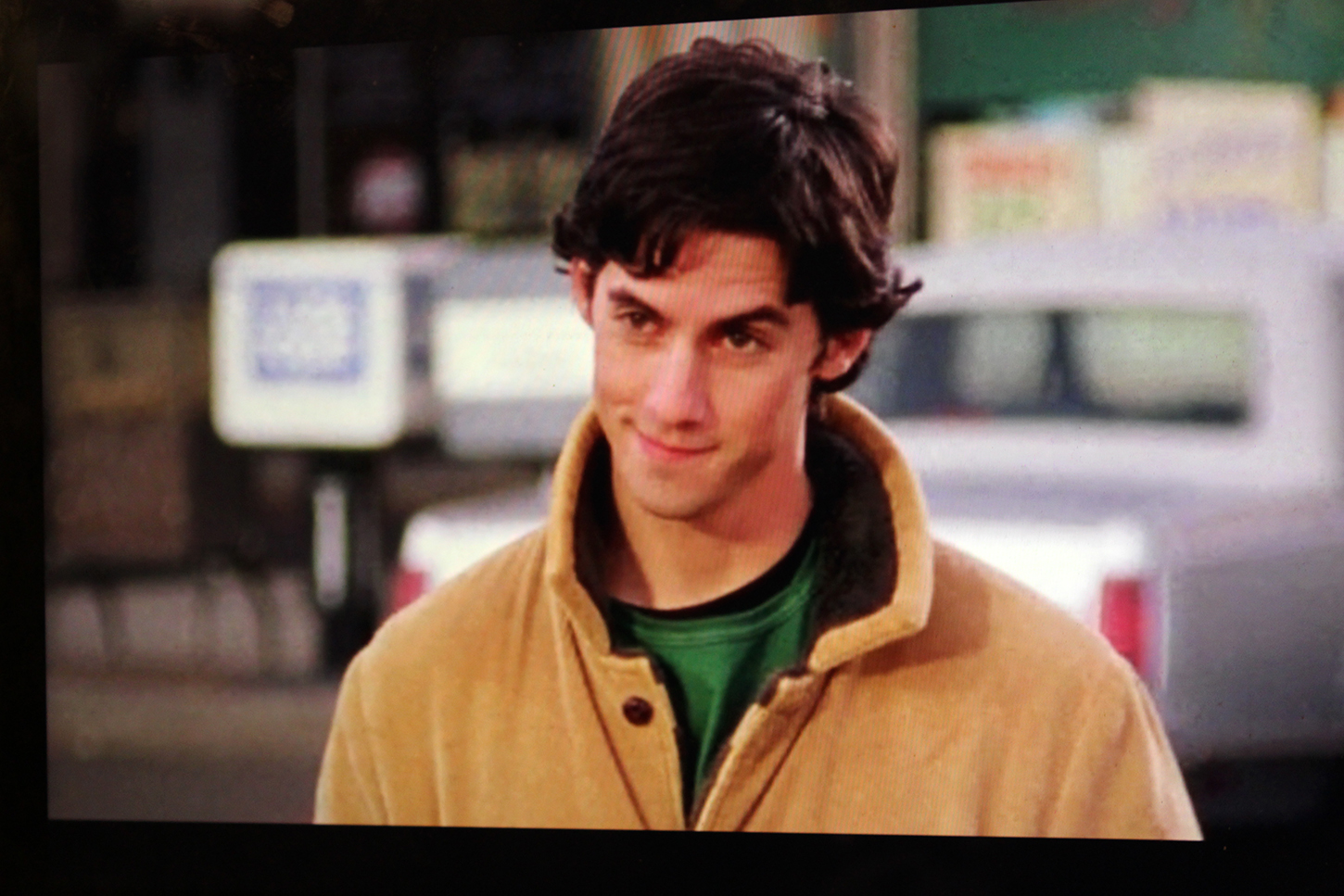
Daniel Craig’s reign of James Bond films have successfully brought Ian Fleming’s character into the modern age. With lots of commercial and critical success, barring “Quantum of Solace,” many would say that this fresh modern take on Bond has provided not only great James Bond films, but also great films by any standard.
“Casino Royale” and “Skyfall” are iconic and already remembered by many as some of the best films of the entire series. “Spectre,” the film series’ latest entry, however, unfortunately does not live up to its predecessors. Bogged down by plot and script issues, “Spectre” falls closer to the ill-fated “Quantum of Solace” in terms of quality.
“Spectre” has Bond investigating an organization known as Spectre. The titular organization has been involved in Bond’s past, which haunts him again this time around. Simultaneously, M (Ralph Fiennes) struggles to keep the Double-0 program alive against increasing pressure to retire it in place of mass surveillance and drone warfare.
These two plotlines feel entirely separate from one another for most of the film, creating a serious sense of disjointedness throughout. While M’s storyline attempts to give the film some topical depth, it comes off incredibly heavy-handedly.
Eventually, the two storylines do catch up with one another. But their connection is only for the sake of one plot point, making the preceding events feel like wasted time when the real focus should have been on Bond’s story. The potential for streamlining is present throughout and it is clear that the script could have benefited from a rewrite.
Speaking of loose plot connections, Lucia (Monica Bellucci) is a completely wasted character — her sole purpose is telling Bond that Spectre exists. After that, Bond sleeps with her and she is never seen in the film again. For such a high-billed actress who was a big part of the marketing for this film, it was horribly amazing that she got less than 10 minutes of screen time.
The main “Bond girl” of this film is Madeleine Swann (Léa Seydoux), who actually gives a great performance. Her character is very well developed and explored, and she feels equal to Bond rather than being something for the audience to fawn over.
The announcement of Christoph Waltz as villain for this film was met with plenty of excitement. After terrific performances in “Inglorious Basterds” and “Django Unchained,” many were excited to see what Waltz could bring to the table.
Unfortunately, the film squanders Waltz’s potential for greatness. This is in no part due to his performance — he’s fantastic — but the plot gives him minimal screen time and such weak motivation that he feels more like a mustache twirler than an actual menace.
Craig does a great job of being Bond once again, but at this point, his performance was as expected. There is no emotionally intense scene that calls on Craig to really bring his acting chops to the table, but his performance is still good enough.
Director Sam Mendes does a great job, for the most part. Script and plot issues aside, this film is exceptional on a technical level. All of the action is edited nicely and is easy for the eyes to follow. The action set pieces themselves are fun to watch, and anyone that found “Skyfall” boring for it’s more somber and dialogue-driven approach will probably be pleased with this.
Mendes treats “Spectre” as a showcase for these set pieces, and while the variety is nice, the loosely-tied plot makes it feel like a Bond Greatest Hits album of sorts instead of a coherent chain of events.
Mendes and cinematographer Hoyte Van Hoytema impress early on with an initial tracking shot that follows Bond through Mexico City. It is beautifully done, but unfortunately, the rest of the film never reaches this same level of quality again.
From the moment “Spectre” opens with the traditional gun barrel sequence, the essence of a more traditional Bond film is palpable. The past three Bond films purposefully went away from the outdated tropes in order to cement a new Bond for the 21st century, but Mendes brings back a lot of the old tropes this time.
Instead of being fun or endearing, these tropes feel incredibly out of place in the otherwise realistic world the Craig films are known for. There are too many one-liners delivered far too seriously, which made the audience laugh at the film rather than with it.
“Spectre” is seemingly obsessed with the past, and this goes beyond its more traditional approach. Not only does the film contain themes of a haunting past, it is littered with callbacks to earlier films in the Daniel Craig-era (“Quantum of Solace” is noticeably absent, however).
The film seems to think that by reminding audiences that it is connected to better Bond movies, some of that greatness will rub off on it. Ironically, it had the opposite effect and only served as a reminder of how comparatively disappointing this film is.
“Spectre” is not a bad film by any means. It is not a sin to be average, but when stacked up against the likes of “Casino Royale” and “Skyfall,” it might as well be.
The potential for greatness is so evident that it becomes increasingly frustrating as the film stumbles over issues that could have been easily resolved. “Spectre” is just fine, but it never reaches the genre-defining levels of excellence the series is known for.
“Spectre” is now playing in theaters nationwide.




























































































































